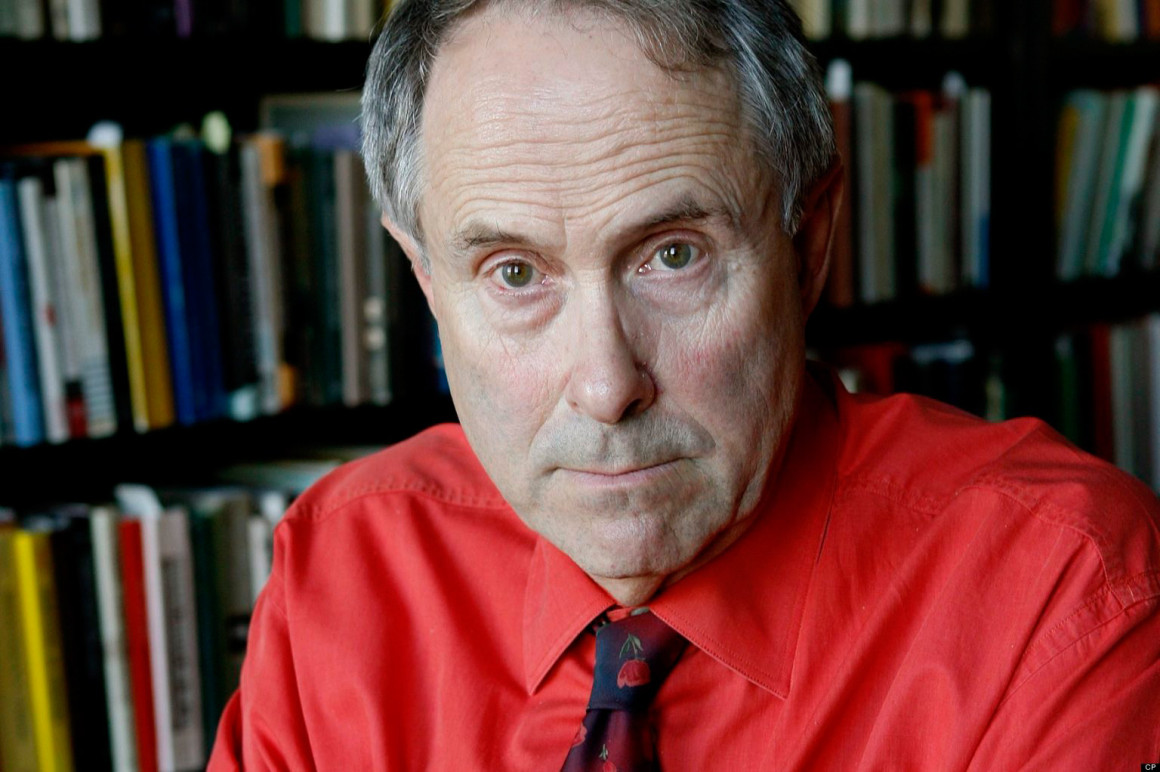
Political correctness isn’t always good or bad
By Andrew Kemle, November 19, 2015 —
People can make careers solely out of criticizing political correctness. And to be fair, they often have a point.
Yale professor Erika Christakis recently argued in favour of allowing offensive Halloween costumes so students could figure out for themselves what is and isn’t appropriate. A few years ago, University of Calgary professor Thomas Flanagan argued that child pornography would be ethical if, somehow, no children were involved. In both cases, these statements were met with outrage and demands for resignation.
Calls for political correctness in universities can make some academics feel like they have lost the ability to speak their minds. But this doesn’t mean political correctness is inherently wrong, or that people’s feelings can simply be ignored.
Detractors of political correctness in academic settings believe the idea shuts down debate when the topic in question is taboo or contains sensitive material. Topics like gender, race and religion often cause emotions to run high, and it’s unsurprising when people get offended. But this doesn’t mean discussions should stop entirely, and it’s true that some proponents of political correctness often see this as the best option.
However, the level of criticism directed at political correctness is equally unfair. The notion that political correctness is nothing more than a group of people screaming about being offended is an overgeneralization. The concept of political correctness is a broad, diverse idea covering many different issues. At its core, it’s a movement that would prefer potentially offensive language — often words that carry historic prejudice or malicious connotations — be excluded from debates in lieu of coherent, legitimate points.
It’s not unreasonable to ask that sensitive subjects be treated, well, sensitively. This doesn’t mean banning debate — only that the identities and experiences of participants should be taken into account.
For example, if you’re in class discussing rape culture, it’s completely unnecessary to make a disparaging remark about victims of sexual assault, especially since it’s statistically probable that someone in the class may be a victim themselves. That kind of comment is not only insensitive and tasteless but it will almost certainly ruin the debate faster than anyone complaining about being offended ever could.
It’s unfair that this request for basic human decency is either ignored or subjected to baseless criticism. If anything, political correctness only serves to make debates more inclusive. It allows more people to state their beliefs without the fear of being insulted or made to relive traumatic memories.
This is at the mere sacrifice of certain words or phrases not being used callously in public — a small price to pay. If your point requires you to use a racial slur, you’re likely not making a very good point.
Political correctness should not be immune to criticism. Like any other idea, it’s susceptible to extremism and pettiness. But criticism should be focused and legitimate, and include at least an inkling of understanding of what political correctness actually aims to accomplish.
